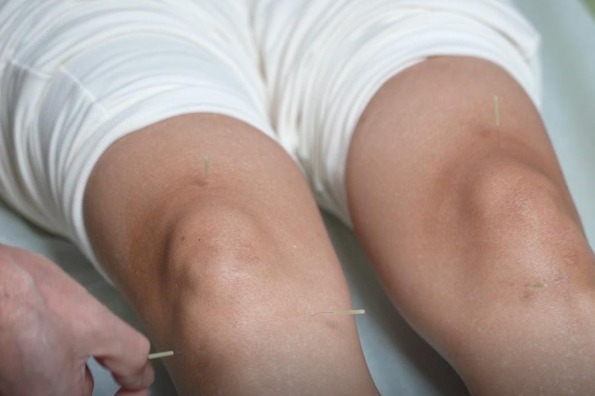Traditional Chinese Medicine gains acceptance worldwide


Headquartered just outside Washington, D.C., the U.S. Center for Chinese Medicine (CCM) is on a mission: to teach the United States and the world about Traditional Chinese Medicine (TCM).
"Chinese medicine actually originated in China thousands of years ago," said Dr. Zhang Xuekai, director of the U.S. CCM. "The spread of Chinese medicine worldwide is quite important."

The center trains medical professionals and is affiliated with the Beijing University of Chinese Medicine. TCM uses techniques like acupuncture, cupping, herbal medicine and specialized massage known as tui na.
A TCM exam typically begins with a series of questions about diet, vision, digestion, hearing, sleep and other issues. The doctor may then examine the patient's tongue looking and take the pulse in three different parts of each wrist.
"I take the pulse in the shallow, middle and a very deep layer to take a view of your balance in your body," said Zhang. "Which part of the body has more energy, which part is in deficiency. So that's a comparison of the three parts."
The doctor may also ask the patient about stress at work or home and any difficulties that may be causing the patient to be out of balance.
"We take the relationship between the human being and nature, the human being and the society and the even inside of the body. We have different organs as a whole system. We take balance of those organs as the priority of our treatment," Zhang explained.

Zhang said there is no conflict between modern Western medicine and TCM. The two approaches can often work well together. Many students at the U.S. CCM are doctors trained in Western medicine that are adding TCM techniques to their practices.
TCM has gradually gained acceptance outside China. The U.S. National Institutes of Health has found acupuncture and other TCM treatments to be safe and effective for some medical conditions, and the agency is studying broader applications. In recent years, the World Health Organization has embraced traditional medicine, including TCM, especially in conjunction with Western medicine.
Zhang said TCM helps the world, while allowing Americans to have a positive interaction with Chinese culture.
"TCM makes us, the society more harmonious, the society more balanced, and that not only helps our body inside, but also the whole society, the whole world in a certain way," said Zhang.




